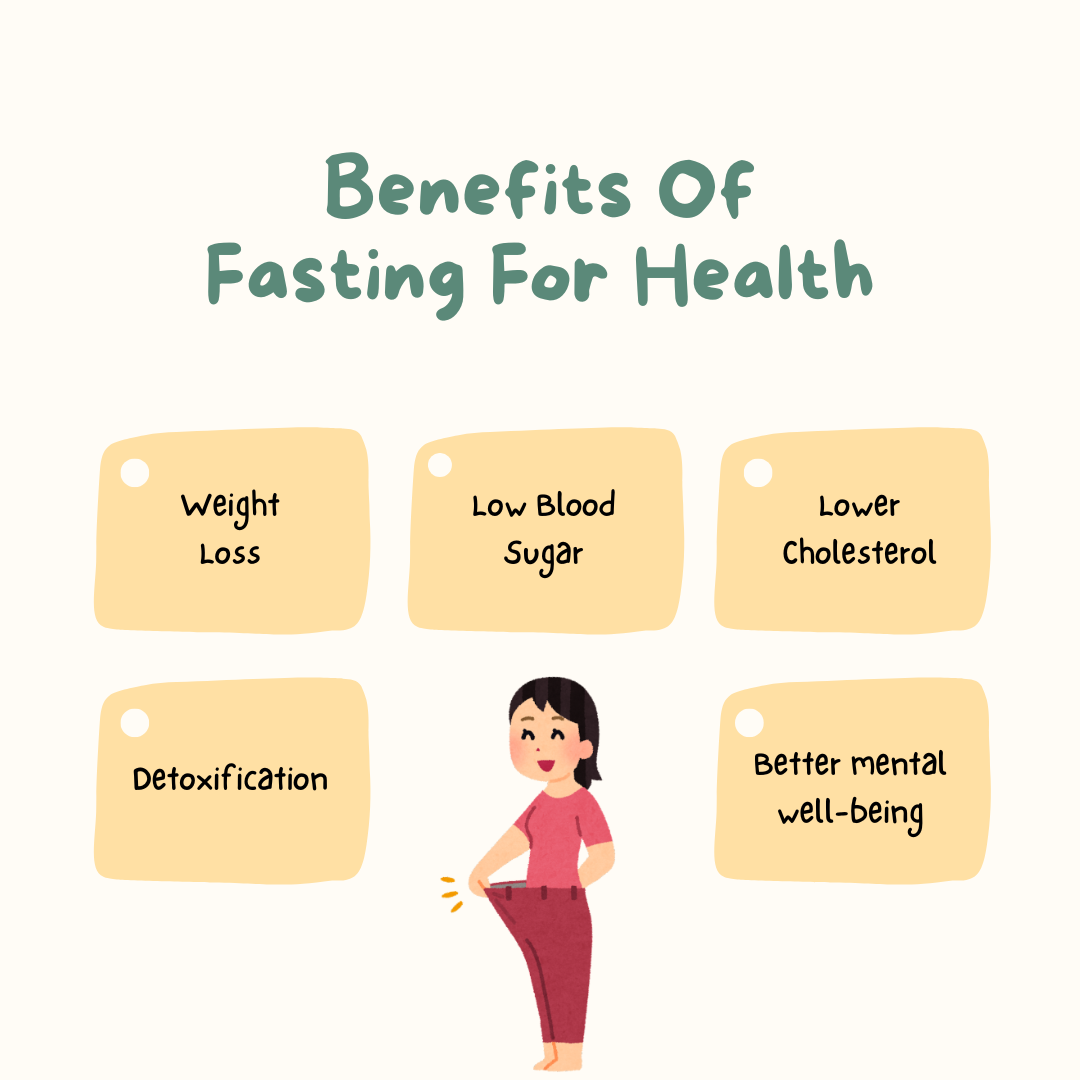The Ancient Power of Fasting: Health, Healing, and Human Connection
Fasting is far more than a modern health trend—it’s a practice rooted in ancient civilizations, used for both spiritual purification and physical healing. From religious rituals to natural medicine, fasting has been a cornerstone of human health for millennia.
Today, science is finally catching up, revealing that intermittent and extended fasting offer powerful benefits—from weight loss to improved brain function.
In this article, we explore the origins, health effects, and practical ways to incorporate fasting into your modern lifestyle.
The Historical and Spiritual Roots of Fasting
Fasting has long been revered not just as dietary restriction, but as a tool for discipline, clarity, and renewal. Many cultures and religions use fasting as a sacred practice that purifies the mind and body.
Fasting Across Cultures & Belief Systems:
- Islam (Ramadan): Sunrise-to-sunset fasting promotes self-discipline, gratitude, and spiritual reflection.
- Christianity (Lent, Biblical Fasting): Used for purification, devotion, and personal sacrifice.
- Hinduism (Ekadashi, Navratri): Fasting purifies the body and supports inner clarity.
- Buddhism: Monks and practitioners fast to reduce attachment and enhance mindfulness.
- Ancient Greece (Hippocrates): Fasting was recommended as a healing method to cleanse the body.
Fasting, in all these forms, reflects a universal wisdom—that temporary abstinence can deepen awareness, strengthen willpower, and promote holistic well-being.
Intermittent vs. Extended Fasting: What’s the Difference?
1. Intermittent Fasting (IF)
A flexible, sustainable method rooted in ancestral eating patterns, intermittent fasting limits eating to specific windows of time.
Popular Intermittent Fasting Methods:
⏳ 16:8 Method: Fast for 16 hours, eat within an 8-hour window
⏳ 5:2 Diet: Eat normally for 5 days; reduce calories on 2 days
⏳ OMAD (One Meal a Day): All calories consumed in one daily meal
⏳ Alternate-Day Fasting: Eat every other day or reduce intake dramatically on fast days
Health Benefits of Intermittent Fasting:
✅ Fat Loss & Metabolism Boost: Encourages fat-burning and increases norepinephrine for higher energy output
✅ Improved Insulin Sensitivity: Helps stabilize blood sugar and reduce type 2 diabetes risk
✅ Enhanced Brain Function: Boosts BDNF (brain-derived neurotrophic factor), supporting cognitive clarity
✅ Cellular Cleansing (Autophagy): Triggers the body’s natural detox process by removing damaged cells
2. Extended Fasting (24+ Hours)
Extended fasting can range from 24 hours to several days and provides deep healing and regeneration. It should be approached with caution and proper guidance.
Types of Extended Fasting:
- 🕒 24-Hour Fast: From dinner to dinner, done once or twice a week
- 🕒 36–48-Hour Fast: Boosts fat-burning and deeper ketosis
- 🕒 72-Hour Fast (3 Days): Resets the immune system, activates deep autophagy
- 🕒 7-Day or Longer Fasts: Reserved for experienced individuals under medical supervision
Benefits of Extended Fasting:
✅ Powerful Detoxification: Deep autophagy removes old and damaged cells
✅ Immune Reboot: Stimulates stem cell production and boosts immunity
✅ Higher Human Growth Hormone (HGH): Preserves lean muscle and supports fat loss
✅ Mental & Spiritual Clarity: Many report heightened focus and a sense of peace
How to Start Fasting Safely
Fasting is a skill. Here’s how to ease into it for best results:
🔸 Start Slowly: Begin with 12-hour fasts or the 16:8 method before progressing to longer fasts
🔸 Hydration is Key: Drink plenty of water, herbal teas, and include electrolytes to avoid fatigue
🔸 Break Fast Gently: Use nutrient-rich foods like fruits, vegetables, healthy fats, and bone broth
🔸 Listen to Your Body: If you feel dizzy or unwell, pause and assess—fasting should never cause harm
🔸 Consult Your Doctor: Especially if you have diabetes, low blood pressure, or chronic conditions
🔹 Final Thoughts: Reclaim the Wisdom of Fasting
Fasting is not just a tool for weight loss, but a powerful practice that reconnects us to our ancient rhythms—healing the body, clearing the mind, and deepening spiritual awareness. Whether you adopt intermittent fasting or explore longer fasts, the rewards can be life-changing.
It’s not about starving—it’s about restoring balance.

